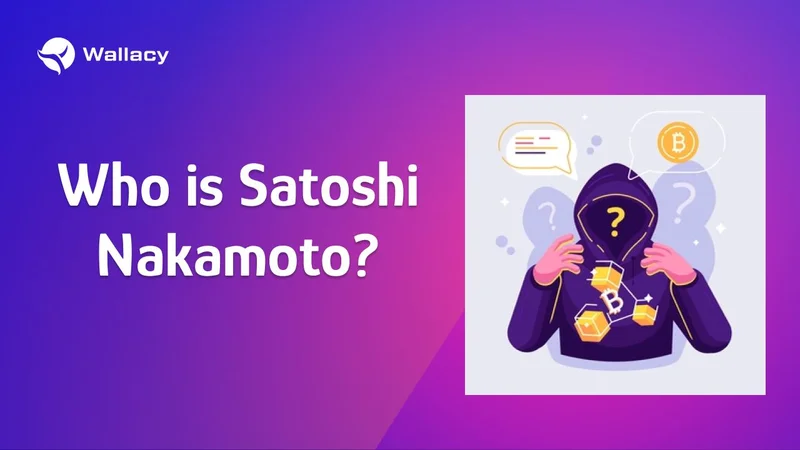Satoshi Nakamoto: The Bitcoin Clothing Line and What It Means
Okay, folks, buckle up. Because we’re about to dive into something that’s way bigger than just Bitcoin, way bigger than just crypto, and honestly, way bigger than just technology itself. We're talking about the enduring mystery of Satoshi Nakamoto, the pseudonymous creator of Bitcoin, and why, even after all these years, we're still chasing shadows. And maybe, just maybe, the chase itself is the whole point.
The latest ripple in this sea of speculation? The rumor that Daira-Emma Hopwood, a brilliant Zcash engineer, might be Satoshi. Now, the facts, as they stand, are laid out pretty clearly: no cryptographic smoking gun, no signed messages, just a series of circumstantial alignments that, let's be honest, could apply to a whole bunch of people. British background, deep crypto expertise, cypherpunk ideals – it's a compelling narrative, sure, but is it proof? No, it isn't. You can read more about this theory in "Satoshi Mystery Reignites: Is Zcash Engineer Daira-Emma Hopwood the Hidden Architect of Bitcoin?".
But here's where things get interesting. The article itself notes that the search for Satoshi isn't just about identifying a person; it's about "a search for authorship over a historic shift in how digital value can be owned and transferred." Think about that for a second. This isn't just about giving credit where credit is due; it's about understanding the forces that are shaping our future. It's about grappling with the implications of decentralized technology and the power it puts in the hands of individuals.
The Real Treasure Hunt
The fact that the community even entertains these theories, that we keep circling back to the question of Satoshi's identity, says something profound. It says that we're not just interested in the technology itself; we're interested in the why. Why did someone create Bitcoin? What were their motivations? What kind of world did they envision? And how can we, as a community, carry that vision forward?
It's like searching for the Holy Grail, isn't it? Maybe the Grail itself isn't as important as the quest, the journey, the self-discovery that happens along the way. We're not just looking for a name; we're looking for a set of values, a set of principles, a roadmap for building a more equitable and decentralized future. And if we find that roadmap, does it really matter who drew it in the first place?

The article also touches on the ethical considerations, and this is crucial. Identity speculation can quickly devolve into personal attacks, especially when it targets protected characteristics. We have to be responsible, to focus on the code, on the facts, not on conjecture about someone's life. But that doesn't mean we should stop asking questions. It doesn't mean we should stop exploring the deeper implications of this technology.
This reminds me of the early days of the printing press. Gutenberg didn't just invent a machine; he unleashed a revolution. He democratized access to information, challenged the authority of institutions, and paved the way for the Enlightenment. Bitcoin, in its own way, is doing the same thing. It's challenging the established order, empowering individuals, and creating new possibilities for economic freedom.
And you know what? I think that's why the search for Satoshi endures. It's not about finding a person; it's about finding a purpose. It's about understanding the values that underpin this technology and using it to build a better world. It's about realizing that the revolution isn't just about code; it's about culture, about community, about a shared vision for the future.
I saw a comment on a Reddit thread the other day that really stuck with me. Someone said, "Satoshi is all of us now." And I think that's exactly right. Satoshi isn't just one person; it's a collective ideal, a symbol of what we can achieve when we work together to build something truly revolutionary.
The Quest for Meaning Never Ends
Seventeen years later, the search for Satoshi continues, and honestly, I hope it never truly ends. Because as long as we're searching, we're questioning, we're exploring, we're pushing the boundaries of what's possible. And that, my friends, is what progress is all about.
